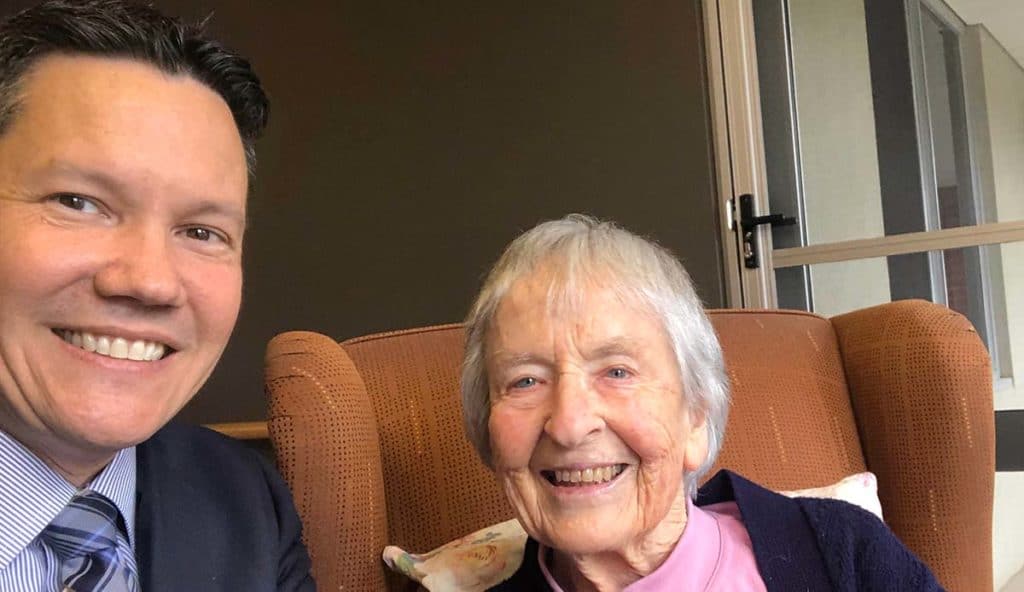
The digital divide widens | CEO opinion piece
The digital divide between people with access to the internet, smart phones and personal computers, and those who don’t, is widening all the time. It doesn’t take long for new technologies to become confusing, especially when you are not exposed to them on a regular basis. Many older people had retired well before there was a computer on every desk.
The pandemic has accelerated the move to a more digital world. Mobile phone literacy is now expected. To travel interstate in a post-COVID world, it is necessary to download the relevant COVID app, lodge an interstate travel application and be ready to show your vaccination credentials using the Medicare online app.
Younger generations are making this shift seamlessly. They have been shopping online and regular users of social media for all or almost all their life.
At restaurants and pubs, you can order your meals using a QR Code on the table, saving you having to line up at the bar. Streaming services have changed the way we consume music, television and movies, significantly impacting free-to-air content. As more channels move to high definition, viewers are forced to purchase new televisions or receivers, or miss out entirely.
We take for granted paying our bills, banking or booking restaurants online. The government is connecting the services it delivers through MyGov, the Australian Tax Office, My Aged Care and Medicare. For most of us, checking in at shops and workplaces using the COVID-Safe app has only been a minor inconvenience.
For people with limited digital literacy, these changes may be unnerving, particularly as they age. Spare a thought for someone without a smart phone, who must record their details manually each time they check in to the supermarket. This must be extremely frustrating. No doubt, some people may reconsider even going out, increasing their risk of loneliness and depression.
Many older people are ‘digital immigrants’, making the move to social media and mobile devices in order to keep in touch with their loved ones and society in general. Others are left behind, with ever decreasing access to the leisure and entertainment options that we take for granted.
Consider the impact of dementia; as memory fades – all those passwords and PINs and processes that did not exist in their earlier lives.
As the digital divide widens, let’s ensure that we find ways to connect with the people being left behind.
